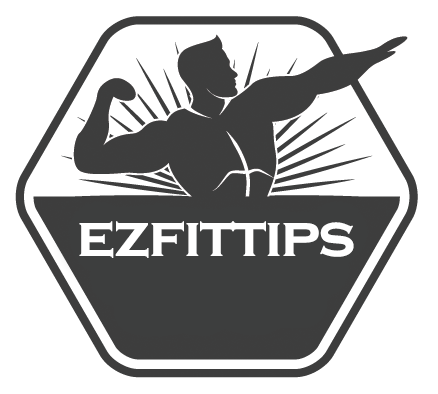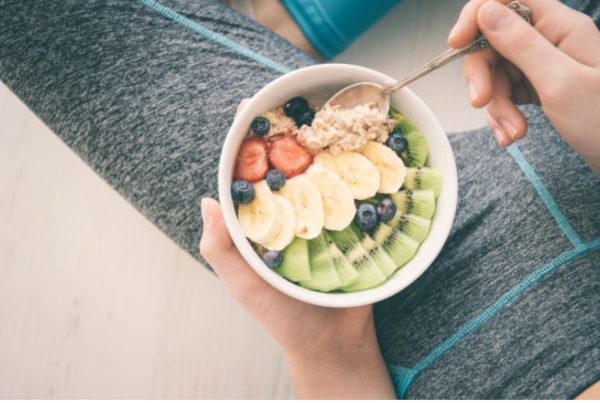Whether it’s better to eat three meals a day or several smaller meals has long been debated. While either method of food intake can be satisfactory, for individuals looking for an athletic edge, there might be a clear winner.
Three meals is the traditional way of eating. While this is convenient and customary, these big meals can leave your body feeling sluggish as it struggles to digest the large portions, can leave you feeling tired and bloated and can potentially lead to chronic health issues such as insulin resistance.
Besides these physiological problems, having three big meals presents a problem for many active people; there’s simply no time to prepare, sit down and consume a balanced meal three times a day.
Breaking your food intake into several smaller meals consumed throughout the day may be the solution to reaching your desired body composition and energy levels — and enhancing performance.
Here are five reasons to adapt to eating small meals daily:
Eating several small meals provides your body with a consistent dose of energy throughout the day. Athletes especially benefit from this as carbohydrates generally make up a larger part of their intake. When you eat carbs, your body turns them into glucose to provide usable energy. This is great, except consuming large meals can flood the system with glucose, causing insulin spikes which can lead to a roller coaster of energy levels, hunger cues and sugar cravings. By consuming small meals at regularly spaced intervals, you help keep insulin levels stable and promote steady energy levels without crashes and cravings.
Every time you eat food, bloodflow gets redirected from other parts of your body to the stomach to promote digestion. When meals are large, this takes more blood to work through the food bolus and there is less blood available for extremities (so much for the good workout) and brain (bring on the foggy fatigue). Having small meals makes digestion manageable and increases the body’s ability to properly absorb and utilize nutrients in an efficient way. Having less stress on the gastric system at any one time keeps the gut happy which promotes a happy and healthy body overall.
- READ MORE: An RD Solves the Mystery of Optimal Fueling For an Evening Workout
Let’s be real, in an ideal world we’d be able to shop for, prep, cook and sit down to consume each meal. But we’re busy with active high-performance lives and rarely get time for this meal dedication. Breaking big meals into smaller ones takes away this time commitment. While you still have to prep mini meals, it takes less time to consume them and they can be tailored more to eating on the go. Think: hard-boiled eggs, a granola bar and banana instead of an omelet with potato hash and fruit salad. Being able to consume these smaller meals on the go is a big benefit for those needing to get quality nutrients while rushing between work and workouts.
Large meals can have a negative impact on weight due to creating fatigue and promoting sugar cravings. Small meals are consumed more frequently, which keeps metabolic action high and efficient all day long. When you’re not weighed down by large meals, you can move around more easily, which burns more calories. Research has shown that more frequent eaters, having 6+ eating frequencies a day, have lower BMIs and increased diet quality.
As active individuals, we strive to perform at a high level and need our bodies to be fueled in a way that promotes this. Eating small amounts throughout the day helps target nutrient timing around exercise sessions such as your pre-workout carbohydrate intake and post-workout protein needs. When you’re too focused on eating three large meals, these smaller athlete-specific needs can be ignored and that will hold your body back from being able to recover and perform optimally.
Regardless of how many meals you consume, the best thing you can do for your body, brain and health is consume quality nutrients at those meals. If you’re making the leap to consume several small meals a day, make sure those meals are made up of nutrient-dense foods (not quick, convenient junk foods). Also, make sure the portions do not start to creep up.
Small meals should be thought of as small meals, not regarded as an all-day snack binge. Of course, tracking your intake is a great method for evaluating any dietary change or seeing your progress toward a goal, so if you’re making the switch to small meals, logging your food is highly recommended to ensure you’re getting what you need. If you’re struggling to consume a diet that promotes individual well-being, health and performance, contact a qualified dietitian for assistance.









